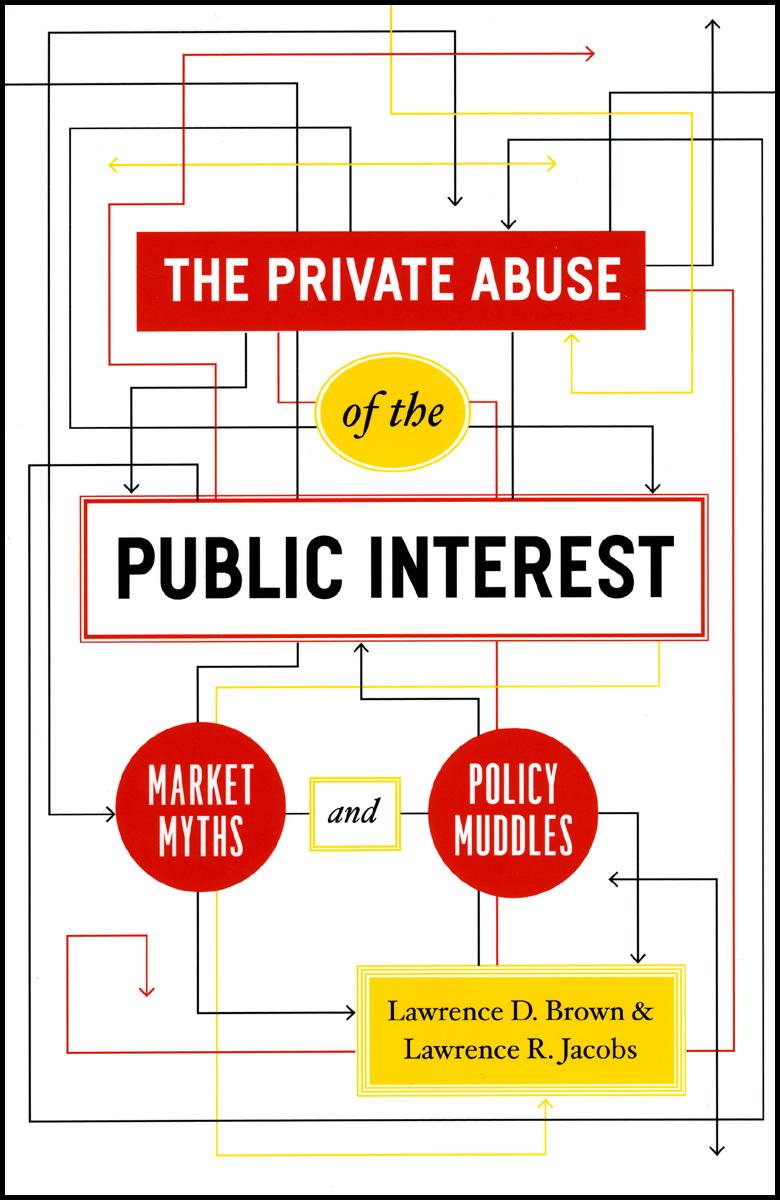The unintended consequences of free-market fundamentalism

So if President George W. Bush is such a proponent of laissez-faire policy why is government now effectively the owner of some of the nation’s largest financial institutions? And what explains his decision to replace the “invisible hand” with the quite visible one of Treasury Secretary Henry Paulson? In their new book, The Private Abuse of the Public Interest: Market Myths and Policy Muddles (authored in advance of the nation’s current economic crisis), Lawrence D. Brown and Lawrence R. Jacobs tackle such questions with the prescient argument that conservative efforts to limit government interference with financial markets will often have the ironic effect of expanding government’s reach. In an article for today’s Inside Higher Ed Scott McLemee explains:
Pro-market rhetoric never reduces the appetite for pork. “The growth of government is not mainly the work of profligate ‘tax and spend’ Democrats,” the authors point out. “Solidly among the spenders and promoters of government activism were the antistatists who controlled Washington in the early twenty-first century and, indeed, dominated policy debates and held the levers of power in Congress and the White House for three decades.”
The issue here is not philosophical inconsistency. The problem, as Brown and Jacobs understand it, is built into the tendency to frame the relationship between state and market forces as “either/or” instead of “both/and.” They trace a recurrent cycle in public policy over recent decades in which reforms are enacted to increase the role for markets and decrease government regulation. Then follow unintended consequences (higher prices, threats to public safety, breakdown of institutions)—leading to calls for renewed regulation by state agencies.
But the public sector often proves overextended and underfunded. “All too often government disappoints expectations,” write Brown and Jacobs, “which fuels the rhetorical attacks of the state bashers and deepens the democratic disconnect.”
It leads to a situation the authors call “management by objection” in which “headlines scream, heads roll, band-aids adhere, and the cycle resumes.…” Public policy consists of damage control. And that is always too little, too late. Thus it is that “the era’s reigning non sequitur—if government is so bad, markets must be better—begins to look axiomatic.”
Read the rest of the article on the Inside Higher Ed website.